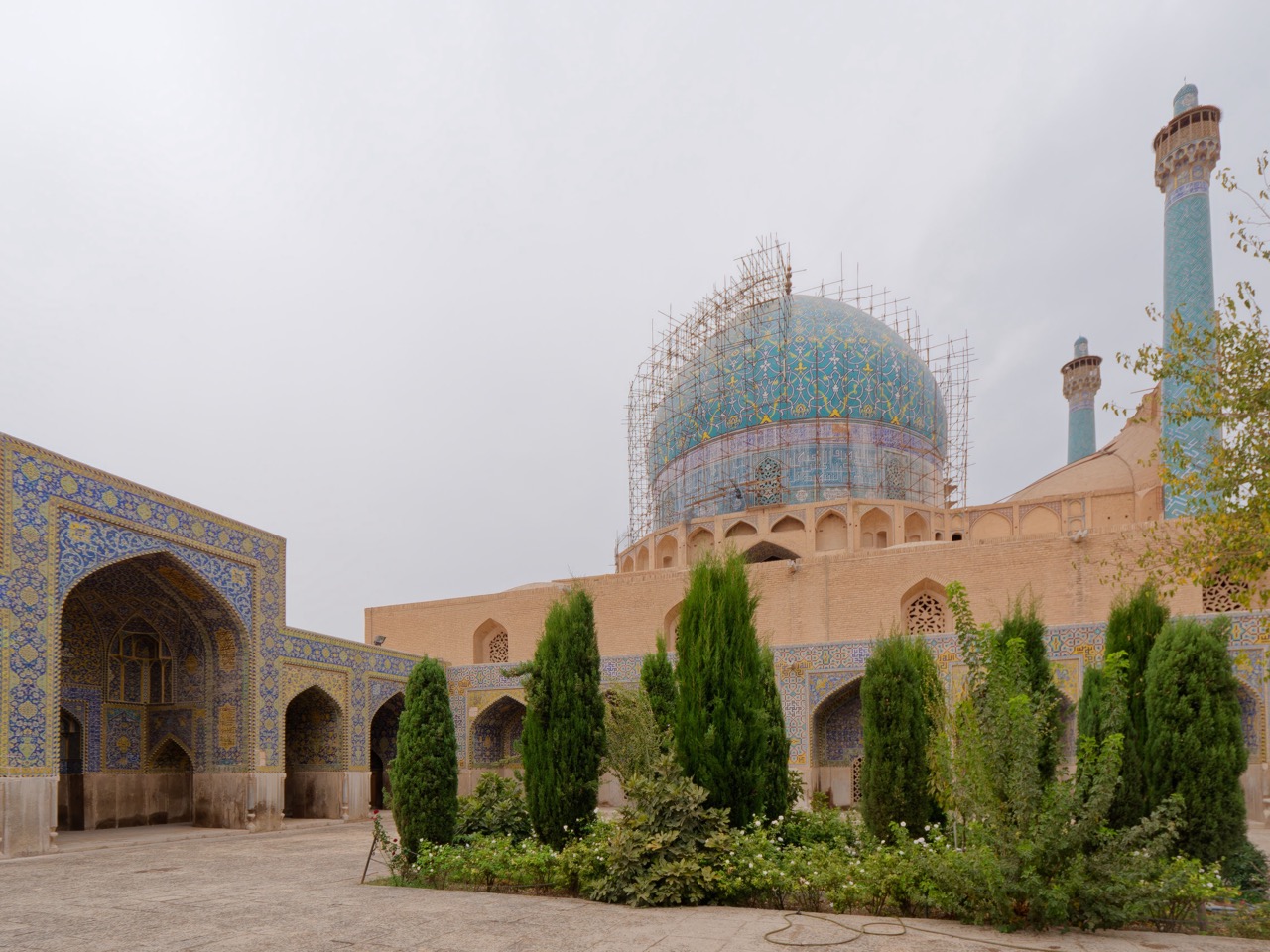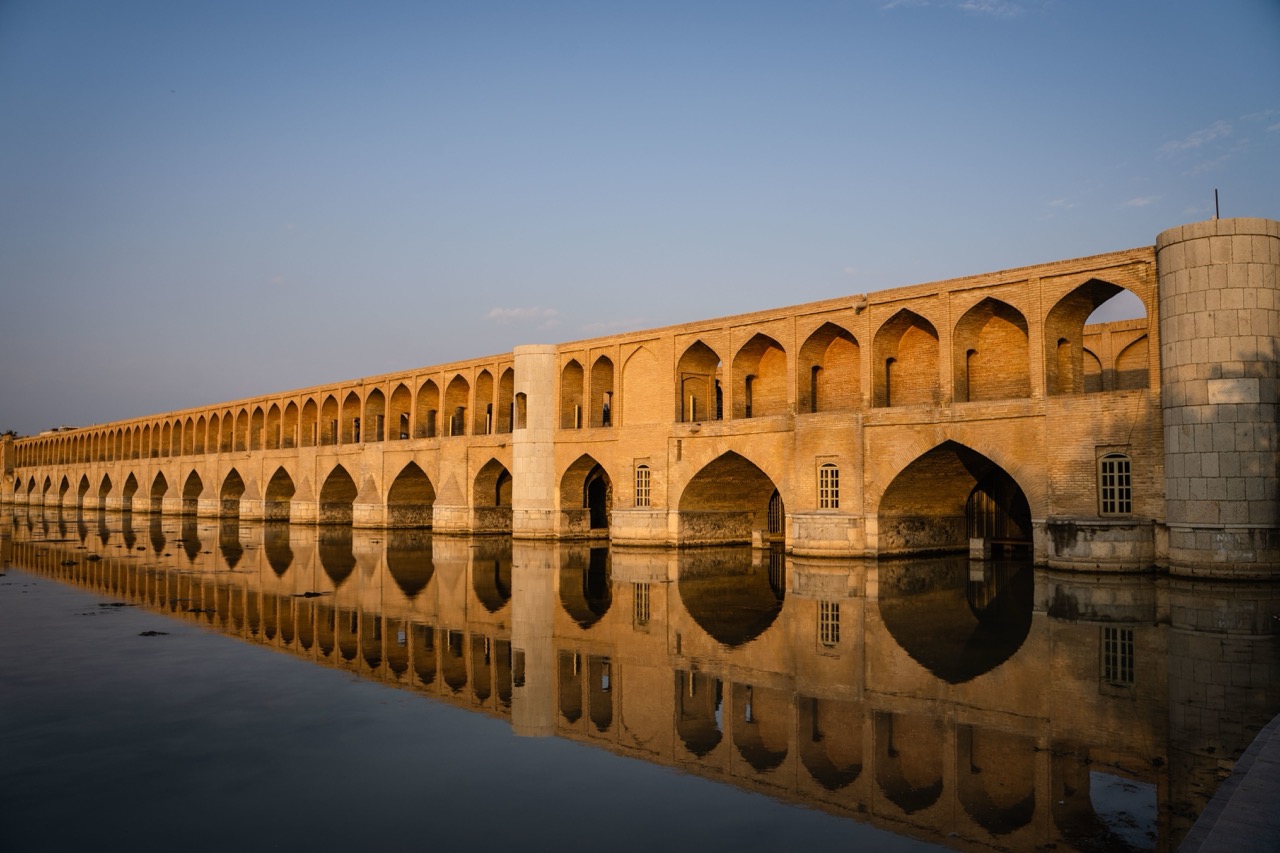Persian cinema has a rich tradition that extends beyond its captivating narratives and stunning visual artistry. One of the often-overlooked aspects of this cinematic landscape is the evocative soundtracks that accompany these films. Persian movie soundtracks play a vital role in enhancing the emotional depth and cultural resonance of the stories they portray. This article delves into the cultural impact of these soundtracks, highlights the iconic composers who have shaped their history, analyzes memorable themes from classic films, and examines the evolution of soundtracks in modern Persian cinema.
Exploring the Cultural Impact of Persian Movie Soundtracks
The soundtracks of Persian films are not merely background music; they are integral to the storytelling process and cultural expression. With their roots deeply embedded in Persian literature and poetry, these soundtracks often feature traditional instruments and motifs that resonate with audiences. They evoke nostalgia and longing, encapsulating the diverse emotions experienced by the characters and the viewers alike. The melodies often serve as a bridge between the film’s narrative and the rich tapestry of Persian culture, making them a significant element of the cinematic experience.
Additionally, the soundtracks have played a pivotal role in shaping the global perception of Persian cinema. International audiences have been increasingly drawn to the unique sounds that characterize these films, leading to a growing appreciation for Persian music and culture. Notable examples include the haunting melodies from films like "The Cow" and "A Taste of Cherry," which have transcended borders, earning accolades at international film festivals. This cultural exchange not only showcases Persian artistry but also fosters a deeper understanding and appreciation of Iranian heritage.
Moreover, the music often reflects societal themes, addressing issues such as love, loss, and identity—universal concepts that resonate with people worldwide. The emotional weight conveyed through the music invites audiences to connect with the characters on a more profound level, enriching their viewing experience. As a result, the cultural impact of Persian movie soundtracks extends beyond entertainment, serving as a commentary on societal values and human experiences.
Iconic Composers Shaping Persian Film Music History
Throughout the history of Persian cinema, several composers have emerged as pivotal figures in crafting iconic soundtracks. One of the most renowned is Mohammad Reza Shajarian, whose powerful voice and mastery of traditional Persian music have left an indelible mark on the genre. His collaborations with filmmakers have created soundtracks that not only enhance the emotional landscape of the films but also showcase the richness of Persian musical traditions. Shajarian’s work is celebrated for its ability to intertwine classical Persian music with contemporary themes, making it accessible to a broader audience.
Another influential composer is Vangelis, known for his groundbreaking work in synthesizing electronic music with orchestral elements. His collaboration with Persian cinema in films like "The Stranger" helped to elevate the soundscape of Iranian films, introducing innovative techniques that altered the perception of film music within the Persian context. Vangelis’s ability to merge traditional melodies with modern instrumentation has paved the way for a new generation of composers who seek to experiment with sound.
In recent years, composers like Ramin Djawadi and Hozan Wali have continued this legacy, infusing their scores with a blend of traditional Persian sounds and contemporary styles. Djawadi’s work, particularly in films and series that engage with historical or fantastical themes, has showcased a profound respect for Persian culture while pushing the boundaries of film music. Similarly, Wali’s scores reflect the dynamic evolution of Persian music, as he incorporates a variety of influences, appealing to both domestic and international audiences.
Analyzing Memorable Themes from Classic Persian Films
Classic Persian films often feature soundtracks that have become synonymous with the cinematic experience of their time. For instance, the poignant themes of "The Cow" (1969), directed by Dariush Mehrjui, are emblematic of the struggles faced by rural communities in Iran. The score, composed by Mohammad Reza Shajarian, captures the essence of despair and resilience, enhancing the film’s narrative of loss and transformation. The interplay of traditional instruments such as the santur and ney creates an auditory landscape that resonates deeply with viewers, making it a definitive piece in Persian cinema history.
Another noteworthy example is "A Taste of Cherry" (1997), directed by Abbas Kiarostami. The film’s minimalist score mirrors its contemplative storytelling style, using subtle musical motifs to punctuate the protagonist’s existential journey. Composed by the talented Homayoun Shajarian, the music evokes a sense of introspection and quietude, drawing the audience into the central themes of life, death, and the human experience. The understated yet powerful soundtrack underscores Kiarostami’s cinematic philosophy, illustrating how music can elevate the narrative without overshadowing it.
Lastly, "The Runner" (1986), featuring a moving score by composer Gholam Hossein Banan, exemplifies the blend of folk elements with cinematic flair. The soundtrack captures the essence of childhood and innocence, threading through the film’s narrative as a reminder of the simple joys and hardships of youth. Banan’s ability to evoke nostalgia and warmth in his compositions has solidified his place in Persian film music history, illustrating how soundtracks can encapsulate the cultural zeitgeist of their time.
The Evolution of Soundtracks in Modern Persian Cinema
Modern Persian cinema has witnessed a remarkable evolution in its approach to soundtracks, driven by technological advancements and changing cultural dynamics. With the advent of digital music production, composers have gained unprecedented access to a wider array of sounds and styles. This has led to the incorporation of electronic music, fusion genres, and global influences into Persian film soundtracks, creating a fresh sound that appeals to contemporary audiences. Films like "The Salesman" (2016) showcase how composers are experimenting with sound while retaining the essence of traditional Persian music.
As the global film market becomes increasingly interconnected, Persian filmmakers are also collaborating with international composers. This cross-pollination of ideas and styles has resulted in innovative soundtracks that reflect the diverse narratives within modern Persian cinema. For instance, the collaboration between Iranian filmmakers and Western composers has led to scores that blend Western orchestral elements with traditional Persian instruments, creating a unique sonic experience that transcends cultural boundaries. This fusion not only enhances the cinematic experience but also expands the reach of Persian cinema on a global scale.
Furthermore, the thematic depth of modern Persian soundtracks has evolved to reflect contemporary issues and societal commentary. Composers are now addressing themes such as migration, identity, and social justice, resonating with audiences both locally and internationally. The soundtracks of films like "About Elly" (2009) and "The Past" (2013) exemplify this trend, using music to amplify the emotional stakes and underscore the complexity of modern Iranian life. As Persian cinema continues to evolve, its soundtracks remain a vital component of its storytelling, capturing the spirit of a nation in flux.
The exploration of Persian movie soundtracks reveals a vibrant tapestry of cultural expression and artistic innovation. Through the contributions of iconic composers, memorable themes from classic films, and the evolution of soundtracks in modern cinema, it is evident that music is an essential companion to storytelling in Persian film. As the industry continues to evolve, the soundtracks will undoubtedly play a crucial role in shaping the future of Persian cinema, fostering both cultural appreciation and global connections. The enduring legacy of these soundtracks ensures that they will remain an integral part of the cinematic experience for generations to come.










